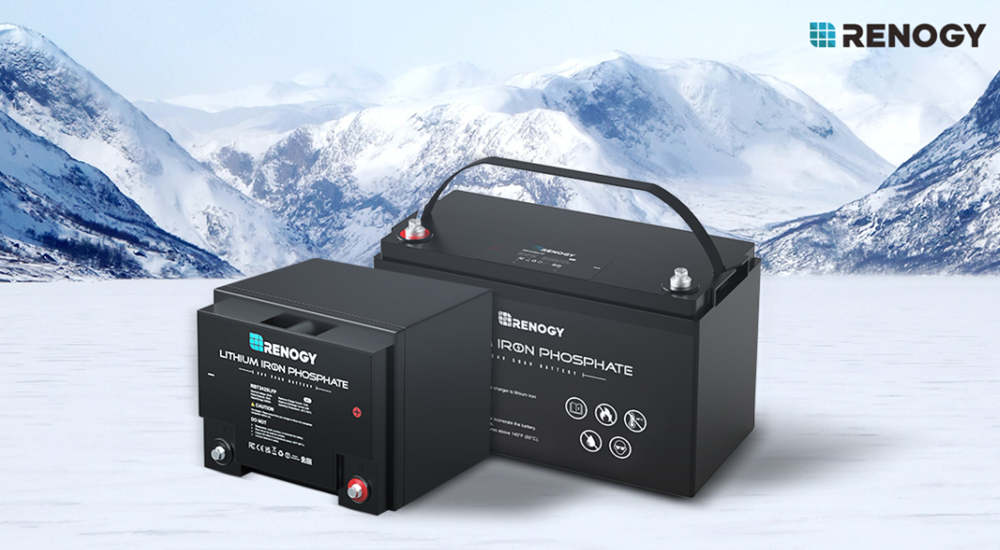How to Store Lithium Batteries Safely: A Complete Guide
Lithium batteries is a type of rechargeable battery that use lithium to power electrochemical reactions. These powerful energy sources power our modern lives, from smartphones to electric vehicles, but they require careful handling. Improper storage can lead to reduced capacity, premature aging, or even dangerous situations. This guide on how to store lithium batteries covers essential techniques for both home and travel scenarios. You'll learn about optimal temperature conditions, ideal charge levels, and suitable storage containers. With these tips, you'll extend the longevity of your batteries and prevent potential risks.
How to safely store lithium batteries?
Lithium-ion batteries have become the backbone of our portable electronics and renewable energy systems. Their high energy density, low self-discharge rate, and lack of memory effect make them superior to many other battery types. However, these advanced features come with a caveat: lithium-ion batteries require specific care, especially when it comes to storage. Not only does proper lithium battery storage ensure safety, but it also protects your investment by maximizing battery lifespan and maintaining peak performance.
When learning how to store lithium batteries safely and effectively, three primary factors play a crucial role in maintaining their performance and extending their lifespan:
Temperature Control
Temperature is a critical aspect of lithium battery storage. These batteries are sensitive to extreme conditions, both hot and cold. The ideal temperature range for lithium battery storage is 20°C to 25°C (68°F to 77°F). This temperature range helps to maintain the battery's chemical stability and avoids rapid aging.
Avoid exposing batteries to direct sunlight or storing them near heat sources. High temperatures can cause internal expansion, potentially damaging the battery's structure. On the other hand, extremely cold temperatures can reduce a battery's ability to hold a charge. If you live in an area with significant temperature fluctuations, consider using a climate-controlled space for lithium battery storage.
Humidity Management
Moisture is a significant concern when storing lithium batteries. A dry environment is essential to prevent corrosion of battery terminals and potential short circuits. High humidity can lead to condensation, which may seep into the battery and cause internal damage.
To ensure proper storage of lithium batteries, keep them in a space with low humidity. If you live in a humid climate, consider using dehumidifiers or moisture-absorbing packets in your storage containers. These simple precautions can go a long way in protecting your batteries from moisture-related issues.
Charge Level
The state of charge is a often-overlooked yet critical factor in lithium battery storage, especially for long-term storage. Unlike some other battery types, lithium-ion batteries should neither be stored fully charged nor completely discharged. The ideal charge level for storing lithium batteries is around 40-50% of their capacity.
Storing a lithium-ion battery at full charge puts stress on its components, potentially leading to a faster loss of capacity over time. Conversely, allowing a battery to discharge completely before storage can cause irreversible damage. If you're planning long-term storage of lithium batteries, periodically check and adjust their charge levels to maintain this optimal range.
Tips for storing lithium batteries
Now that we understand the key factors affecting lithium battery storage, let's explore some practical tips to implement these principles. These guidelines will help you master the art of storing lithium batteries safely and efficiently, ensuring they remain in top condition for years to come.
Organize Batteries by Type and Age
An often overlooked aspect of lithium battery storage is proper organization. Start by categorizing your batteries based on their chemistry and age. Keep lithium-ion batteries separate from other types to prevent any potential chemical interactions. Group batteries of similar age together, which aids in rotation and ensures older batteries are used first. Create a simple labeling system that includes the battery type and the date of purchase or last full charge. This organization method not only streamlines your battery storage but also helps you keep track of each battery's lifecycle.

Create an Ideal Storage Environment
The best way to store lithium batteries is in a controlled environment. Keep batteries in a cool place, ideally between 20°C to 25°C (68°F to 77°F). Never store batteries in freezing conditions or extreme heat. Aim for a dry environment with relative humidity below 50%. Ensure proper air circulation in your storage area to prevent heat buildup. If possible, store batteries in a climate-controlled room or cabinet. Maintaining these conditions is crucial when learning how to store lithium batteries for long periods. It's the best way to store lithium batteries to preserve their capacity and prevent premature aging.
Implement Safe Handling Practices
Proper handling is crucial for safe lithium battery storage. Always handle batteries with clean, dry hands to prevent introducing moisture or contaminants. When moving batteries in and out of storage, do so gently to avoid physical damage. If you're storing multiple batteries together, use non-conductive dividers to prevent accidental contact between terminals. For batteries with exposed terminals, consider using small rubber caps or electrical tape for added protection. These simple practices go a long way in preventing accidents and ensuring the longevity of your batteries.
How to do you store lithium batteries in cold weather?

Though lifepo4 batteries hold up better in the cold than many other battery types, it’s still important to protect them from low temperatures as much as possible. In low temps, your battery can lose a charge faster or struggle to charge at the rate that it would in a normal temperature range. Unfortunately, for many US residents, the winter season is a part of life that comes around every year.
If possible, store your battery in a place that is temperature-controlled or insulated. If that’s not an option, be sure to warm your battery up before using it and charge it every once in a while to keep its charge retention at a good level (30%-50%). With Renogy Smart Lithium-Ion Battery, you can enjoy the self-heating function which will automatically turn on if the battery’s internal temperature drops below 41°F. This feature takes the guesswork out of storing your battery and keeps the battery maintenance requirements as simple as possible.
For more tips on managing lithium batteries in cold weather, read How to Keep Lithium Batteries Warm in Cold Weather. Implement these practices to keep your lithium batteries safe and reliable throughout the cold season.
Should Solar Batteries be Kept Outside or Indoors?
When deciding where to store solar batteries, the primary considerations are safety, performance, and longevity. The question arises, "Is it safe to store lithium batteries in the house?" Storing lithium batteries indoors can be safe if certain precautions are followed. Ensure the storage area is cool, dry, and well-ventilated to prevent overheating and reduce the risk of fire. Keep the batteries away from flammable materials and avoid exposure to direct sunlight or heat sources. Using a battery management system (BMS) can also help monitor the battery's condition and prevent potential hazards.
Temperature fluctuations significantly affect the performance and lifespan of lithium batteries. Indoors, where temperatures are more controlled, is generally better for maintaining a consistent environment. Extreme temperatures, especially heat, can degrade battery performance and reduce its lifespan. Storing batteries indoors helps mitigate these risks, ensuring they remain efficient and durable. If outdoor storage is necessary, it’s crucial to use weatherproof and insulated enclosures to protect the batteries from extreme temperatures, moisture, and other environmental factors. Ensure the enclosure is well-ventilated to prevent overheating and consider using additional insulation during winter to keep the batteries from getting too cold.
Overall, while it is safe to store lithium batteries in the house if appropriate precautions are taken, indoor storage is generally preferable for optimal performance and longevity.
How to monitor your solar batteries?
Part of solar panel battery maintenance is monitoring your system. Since many households choose solar energy as a way to offset high energy prices, being able to monitor how much energy your battery stores – among other factors – is a great way to understand your payoff and make the most out of your investment. To monitor your system, you have two options: battery monitoring or Bluetooth monitoring.
Battery monitors are often the simplest option; with these, you can see the amperage coming from your battery and the charge level. These are two of the most important variables to monitor and battery monitors are simple to set up. You can also gain insight into the time needed to charge the battery or the time left to discharge with this option.
For a bit more high-tech approach, consider a Bluetooth monitor. This mechanism connects to a downloadable application on your phone or tablet and allows you to see many of the same variables from the comfort of your living room. You just have to be within 50 ft. of the battery in order for your system to be readable. This approach is actually a bit simpler to set up, contrary to popular belief. However, it is not weatherproof, so be sure to factor that in when making your decision.

For a comprehensive solution, consider the Renogy One Core, which offers extensive monitoring capabilities.
Conclusion
Want to keep your lithium batteries performing at their best? Store them like a pro! Place them in a cool, dry spot, shielded from sunlight and temperature extremes. Avoid damp or flammable areas to ensure safety. For long-term storage, charge them to about 50% and give them a check-up now and then. By mastering the art of storing lithium batteries, you'll not only extend their lifespan but also keep them ready for action when you need them most! Plus, if you’re exploring battery options, Renogy offers a range of choices, including lithium-ion, gel, and AGM batteries, catering to diverse needs and ensuring reliable power solutions.








